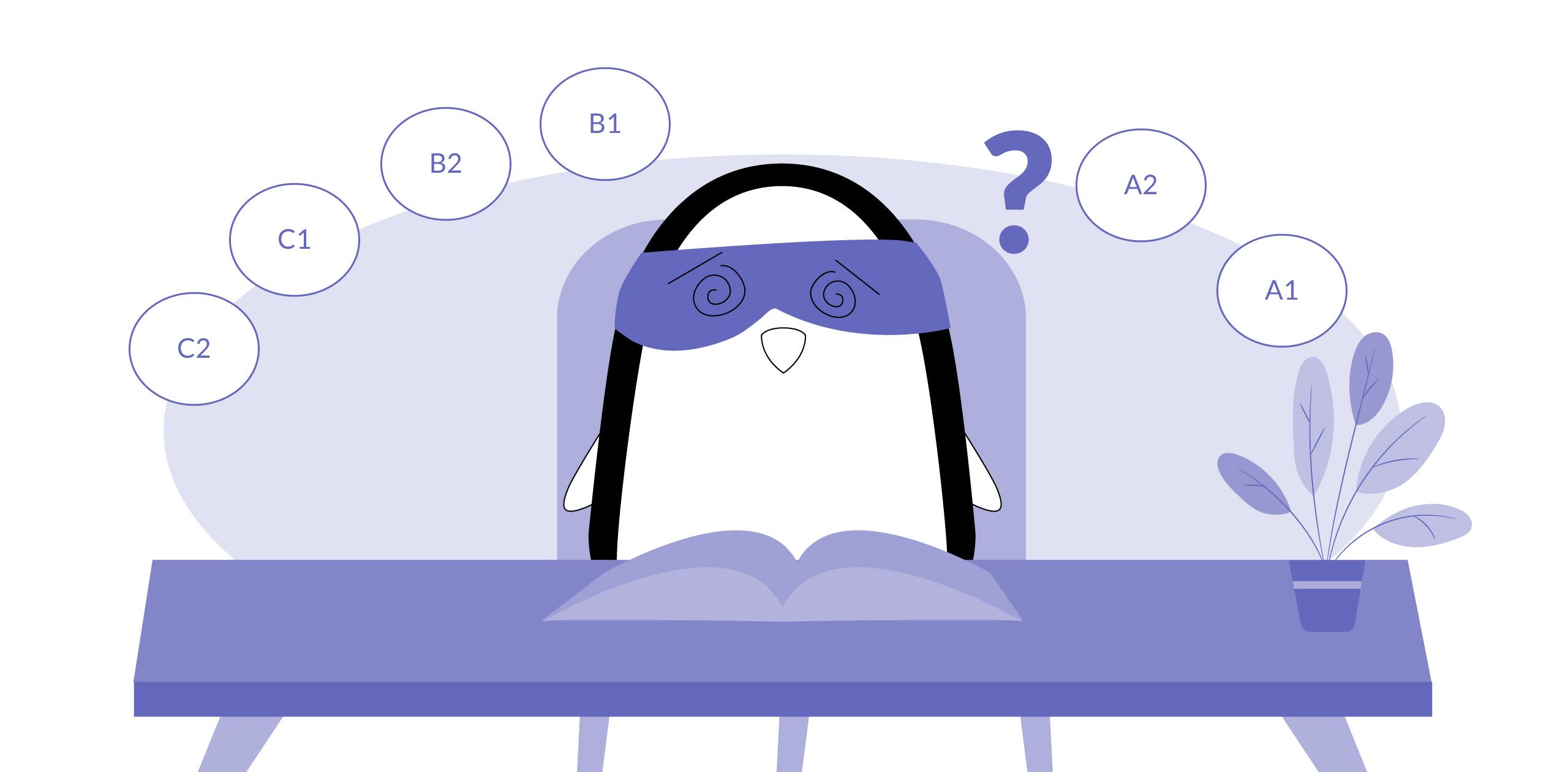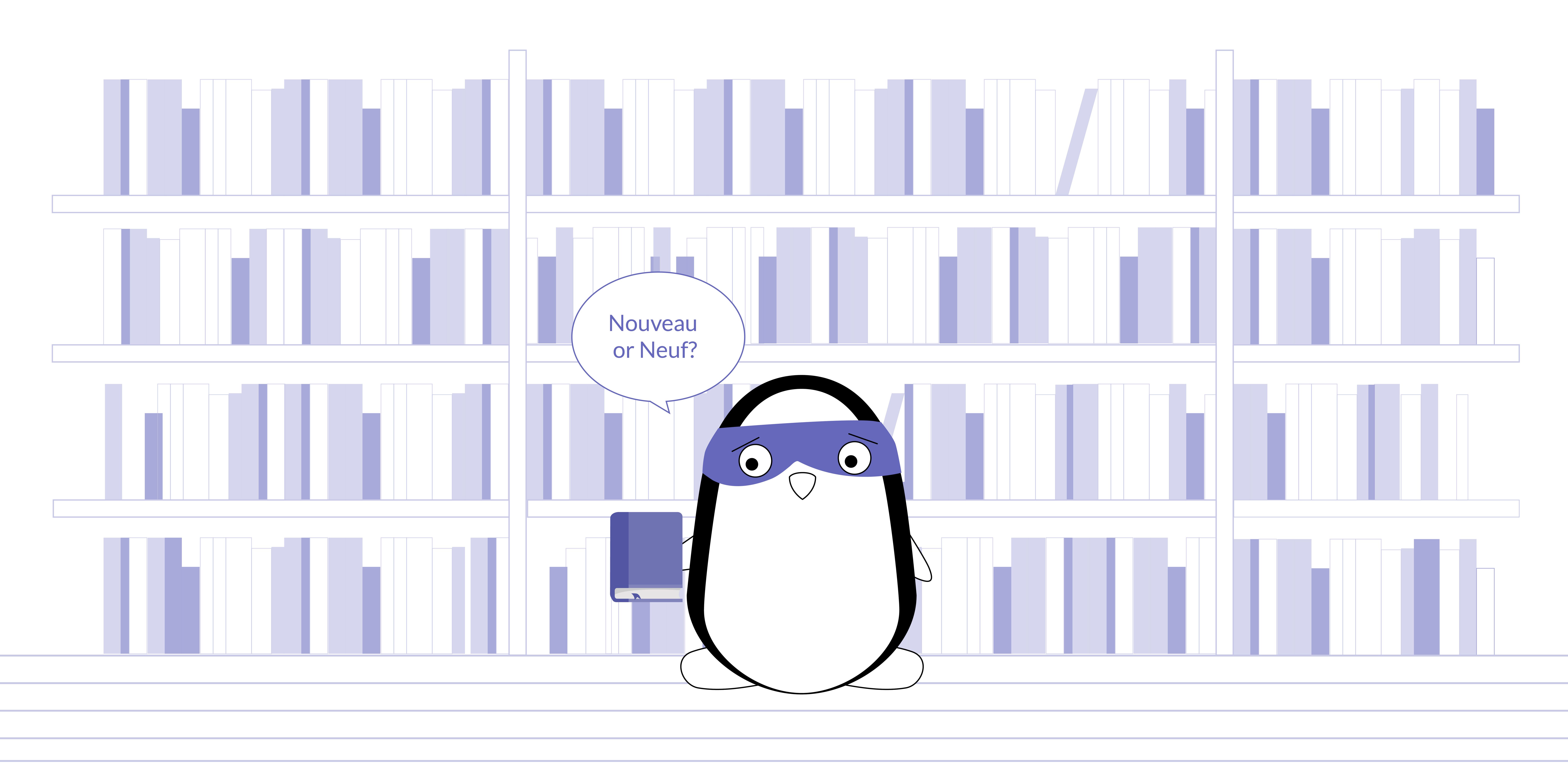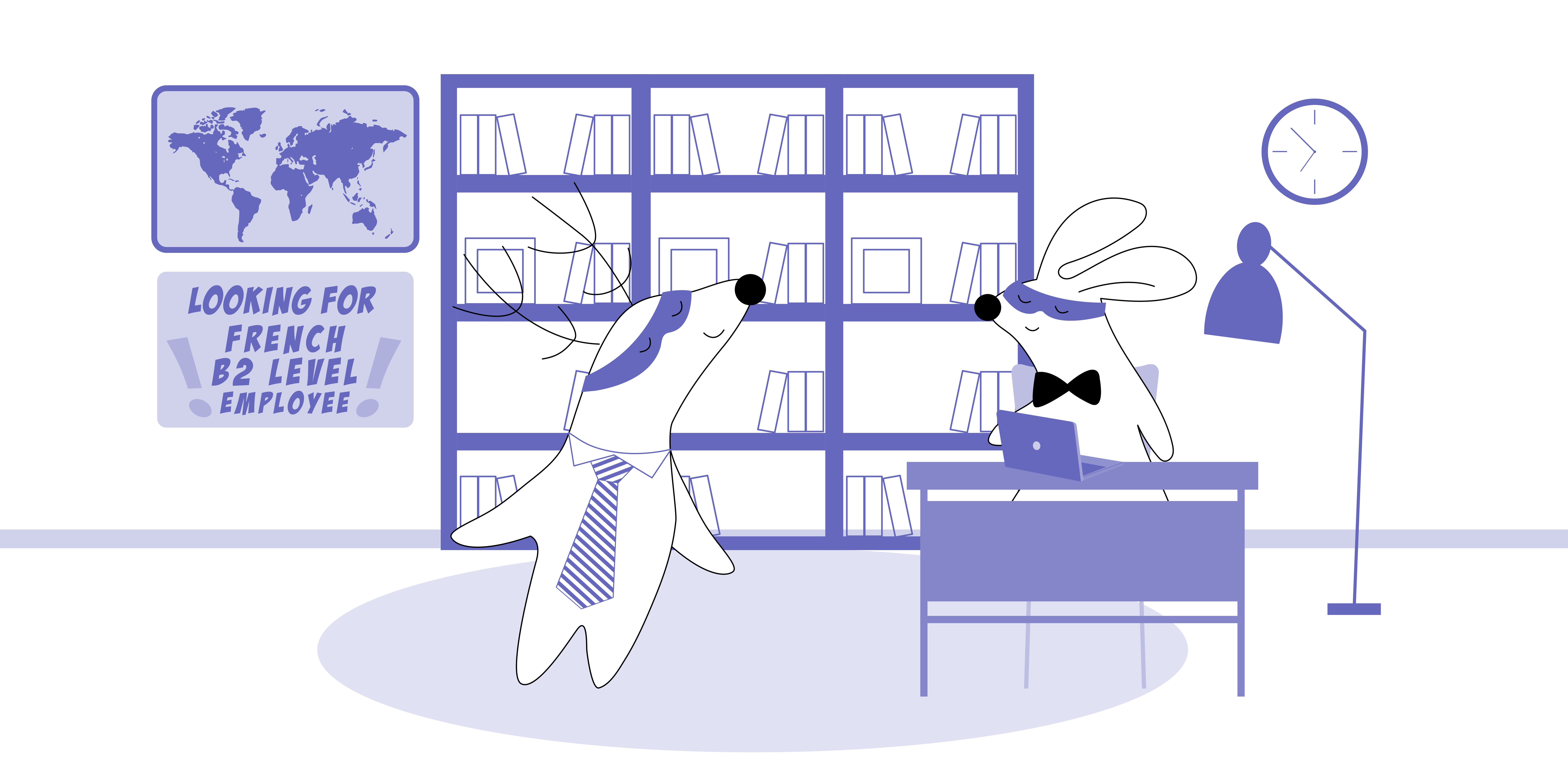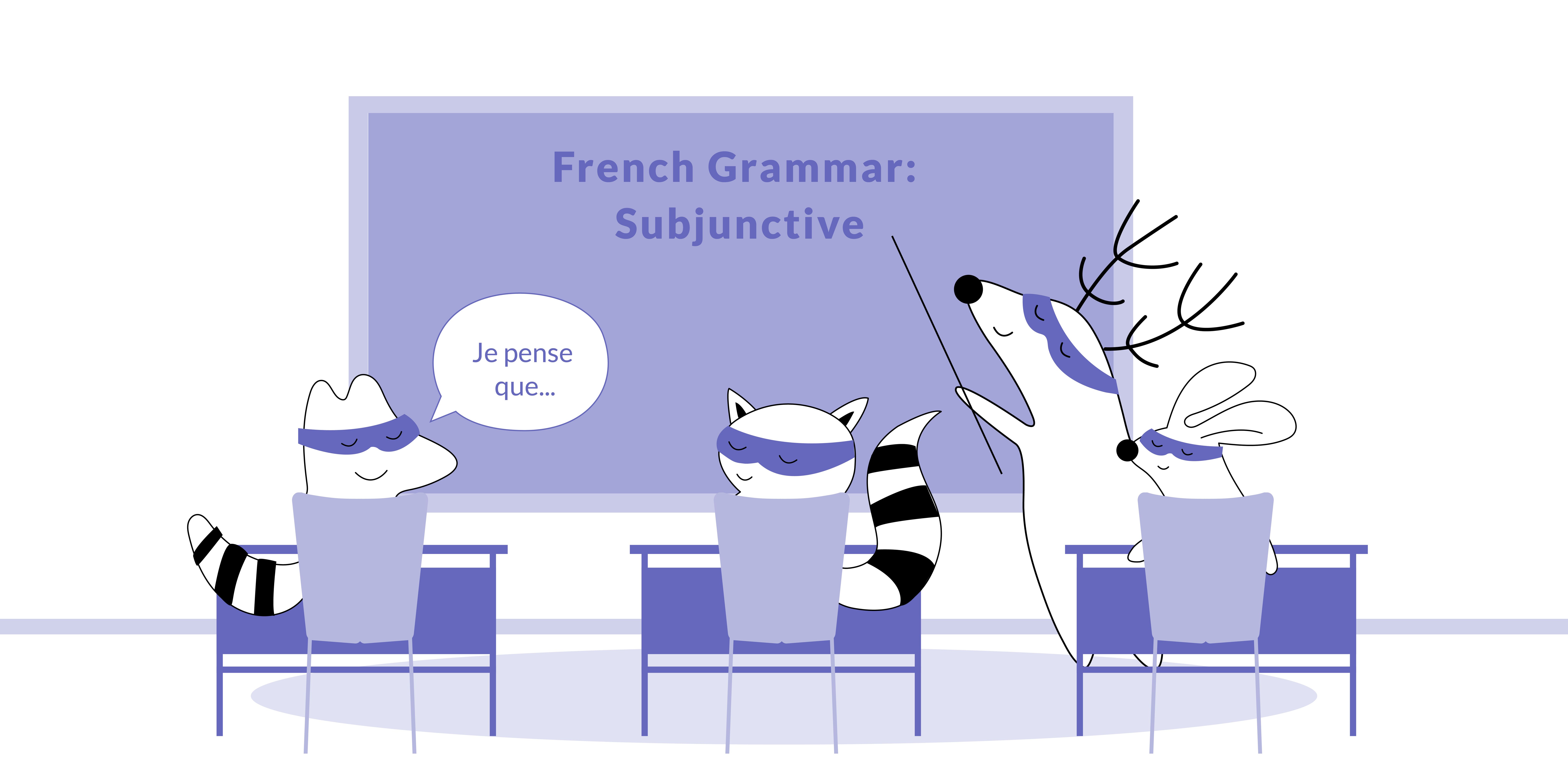
The French subjunctive mood may seem complicated and intimidating to learn, but you probably use it in English all the time without thinking about it. Statements like “if I were you…,” “it’s important that…,” and “I suggest…” are all the English subjunctive — they express opinions, desires, and other subjective statements.
However, the subjunctive is much more widely used in French, and there are some special conditions you need to meet before using it. Read on, and learn everything you need to know about using the subjunctive in French!
Learn French with Langster
What Is the Subjunctive in French?
The French subjunctive, or subjonctif French, is a special form of verb called a grammatical mood. As the name implies, it indicates subjectivity in the dependent clause of a sentence. That is, statements in the French subjunctive may not be factual — they are influenced by possibility, judgment, preference, emotion, and other personal triggers.
Learning to use the subjunctive in French is a crucial step towards being able to express your thoughts, opinions, desires, and feelings. You can also use it to discuss theoretical scenarios. With that all said, the highly versatile French subjunctive is actually even easier to learn than you think. Once you memorize a few phrases and how to conjugate the French verbs in this form, you’ll be ready to go!
Conditions for the Subjunctive Mood
Understanding when and how the subjunctive mood can be used will not only help you construct subjunctive phrases yourself — it will also help you learn to identify them when you read and listen to others.
Sentences With Two Subjects
One of the conditions for using the subjunctive in French is that the sentence must have two different subjects in the independent and dependent clause. The verb being acted by the second subject will use the subjunctive, unless it is an impersonal verb.
French
English
Nous voulons tu fasses tes devoirs.
We want you to do your homework.
Our two subjects in the sentence above are nous and elle. Since the verb être — to be — is being acted by the second subject, it is conjugated in the subjunctive form.
You can also tell that the subjunctive should be used here because of the sentence’s content. “You” doing your homework is not something that’s actually happening. Rather, it is something “we” want to happen. In other words, a subjective desire.
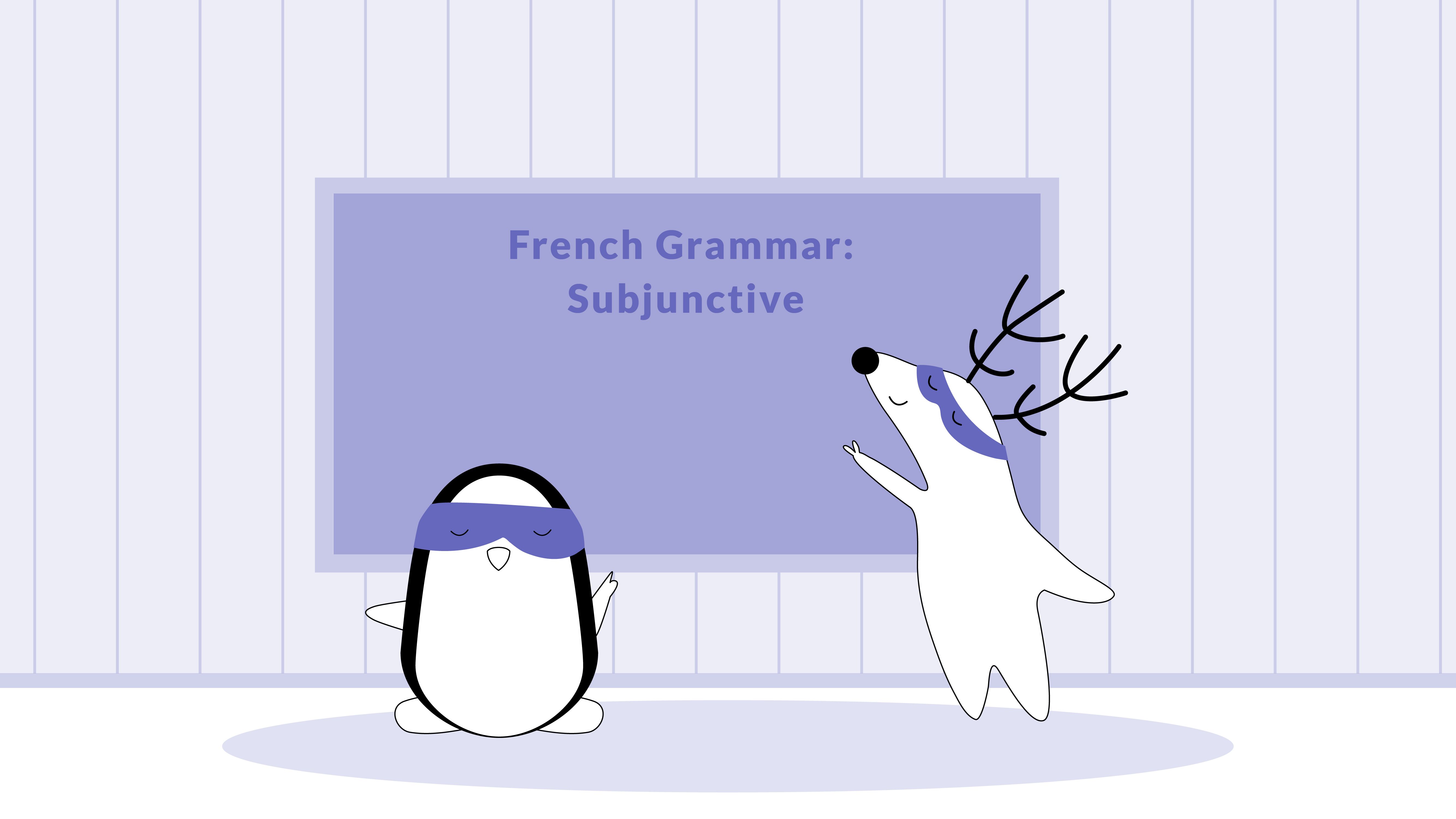
“Que” and Subjunctive Phrases
The other main condition for using the subjunctive is the conjunction que, meaning “that.” The subjunctive is always indicated with a phrase ending in this conjunction. Let’s take a look at some of the most commonly used phrases and verbs below. As you’ll notice, certain verbs used usually express some kind of emotion, opinion, or desire.
French
English
Il faut que tu
You have to
Il vaut mieux que
It is better that
Il est nécessaire que
It is necessary that
Il est regrettable que
It is regrettable that
Il est peu probable que
It is unlikely that
Il est essentiel que
It is essential that
Il est utile que
It is useful that
Il est étonnant que
It is astonishing that
Il est naturel que
It is natural that
Il est urgent que
It is urgent that
Il est normal que
It is normal that
Il est dommage que
It is shameful that
Il est temps que
It is time to
Notice how all of these phrases start with the pronoun il; this is a very common formulation to express one’s opinion or feeling. However, there are other phrase constructions you can use.
French
English
Recommander que
to recommend that
Être triste que
to be sad that
Avoir peur que
to fear that
Avoir honte que
to be ashamed that
Aimer mieux que
to like better than
Penser que
to think that
Tenir à ce que
hold on to that
Être surpris que
to be surprised that
Regretter que
to regret that
À moins que
unless that
Negative phrases can be formed in the same way by using the common ne…pas phrase around the verb in the main clause.
French
English
Il n'est pas vrai que
It is not true that
Il n'est pas sûr que
It is not sure that
Il n'est pas clair que
It is not clear that
Il n'est pas évident que
It is not evident that
Je ne pense pas que
I don’t think that
There are dozens more common phrases that are used with the French subjunctive, but this list should give you some great ideas on how to express yourself! Now that you know how to set up the main clause, let’s talk about forming the subjunctive.
How to Form the Subjunctive
To form a subjunctive verb, simply take the present tense verb stem and add appropriate subjunctive endings.
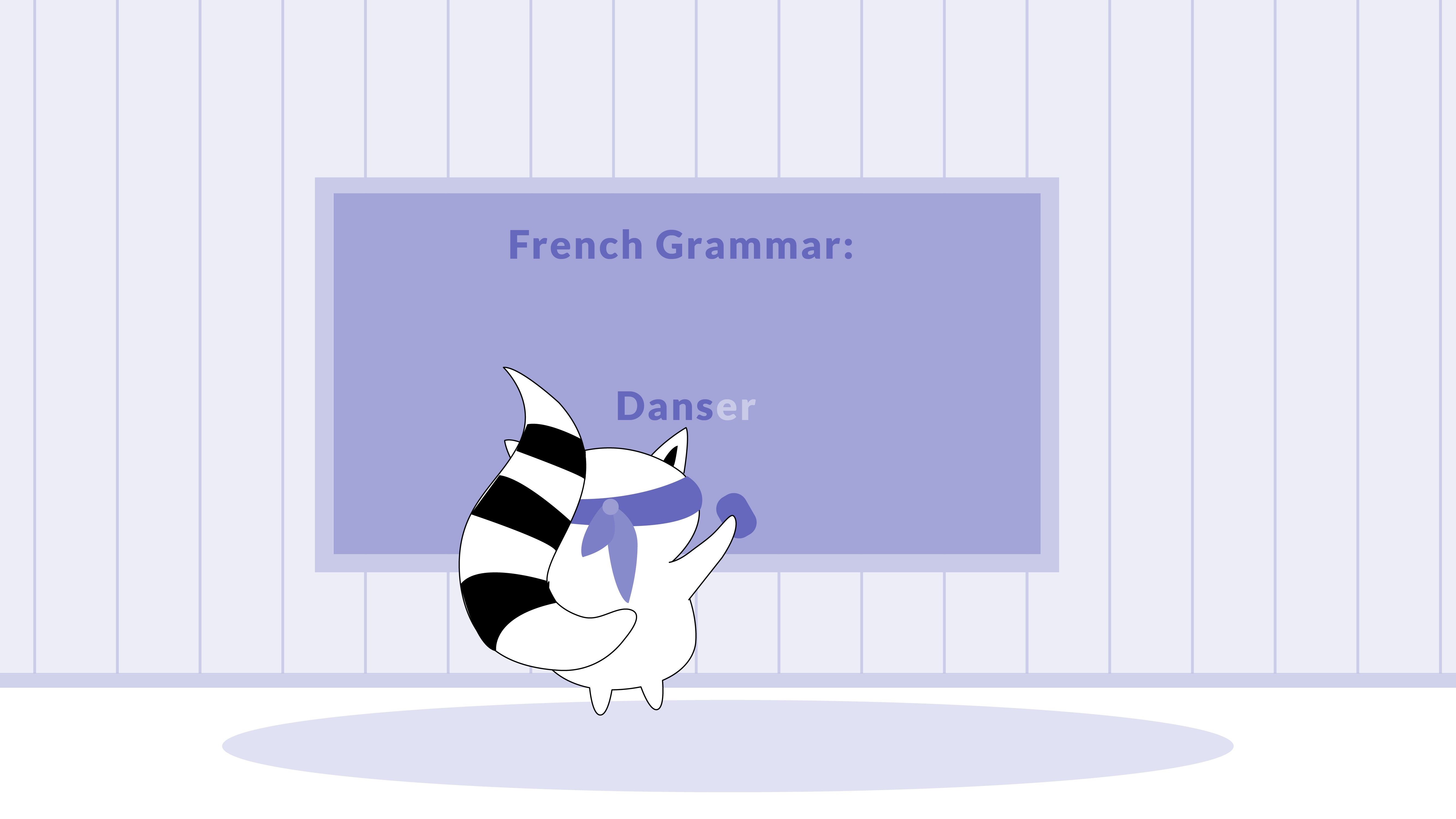
Conjugating Regular French Verbs
For -er and -re verbs:
- (Je) -e
- (tu) -es
- (Il/Elle) -e
- (Nous) -ions
- (Vous) -iez
- (Ils/Elles) -ent
Notice how, except for the nous and vous forms, these endings are the same as those for the present tense.
For -ir verbs:
- (Je) -isse
- (Tu) -isses
- (Il/Elle) -isse
- (Nous) -issions
- (Vous) -issiez
- (Ils/Elles) -issent
Conjugating Irregular Verbs
As you probably already know, French has many irregular verbs, and the subjunctive forms are no exception. However, once you start learning them, you will notice that most follow their own kind of patterns. Let’s go over some of the most common ones.
French
English
Aller
to go
- Je aille
- Tu ailles
- Il/Elle aille
- Nous allions
- Vous alliez
- Ils/Elles aillent
French
English
Avoir
to have
- Je aie
- Tu aies
- Il/Elle ait
- Nous ayons
- Vous ayez
- Ils/Elles aient
French
English
Être
to be
- Je sois
- Tu sois
- Il/Elle soit
- Nous soyons
- Vous soyez
- Ils/Elles soient
French
English
Faire
to make, to do
- Je fasse
- Tu fasses
- Il/Elle fasse
- Nous fassions
- Vous fassiez
- Ils/Elles fassent
French
English
Pouvoir
to can, to be able to
- Je puisse
- Tu puisses
- Il/Elle puisse
- Nous puissions
- Vous puissiez
- Ils/Elles puissent
The Four French Subjunctive Forms
What we’ve talked about mostly so far is the present subjunctive, which is the most commonly used, there are three other forms you should know: the imperfect subjunctive, the past subjunctive, and the pluperfect subjunctive.
Let’s dive in!
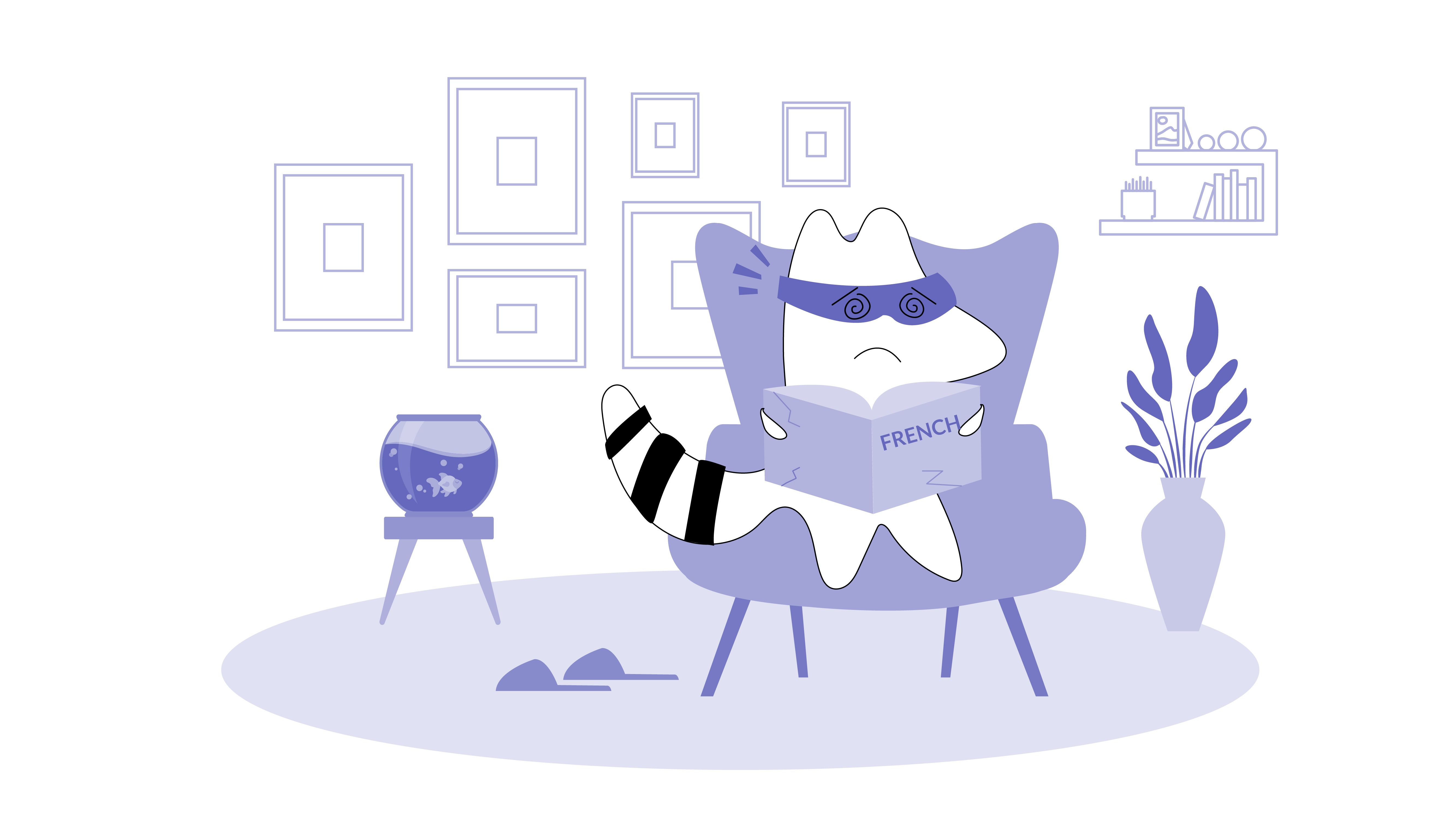
The Imperfect Subjunctive
The imperfect subjunctive is a unique tense that is largely defunct except for literary and historical writing. Still, it is important to be familiar with its unique conjugations, so you can recognize it while reading.
Luckily, all verbs share the same conjugation. Keeping the verb stem, including the last vowel, the following subjunctive endings are added:
- (Je) -sse
- (Tu) -sses
- (Il/Elle) -^t
- (Nous) -ssions
- (Vous) -ssiez
- (Ils/Elles) -ssent
The Past Subjunctive
The past subjunctive has two different functions: to express how someone feels now about something that happened in the past, or to express how they felt in the past when something happened or didn’t happen.
Depending on which idea you want, the verb in your main clause will be in either the present or past tense. Then, it’s on to the subjunctive clause.
To construct the past subjunctive, two things need to happen.
First, an auxiliary verb (avoir or être) must be conjugated in the subjunctive mood. Second, the main verb of the dependent clause must be conjugated in the past participle.
French
English
Je suis heureux que tu sois venu à la fête.
I am happy that you came to the party.
The Pluperfect Subjunctive
The pluperfect subjunctive is another tense that is not used in modern French language but exists exclusively in literature and historical documents. All you need to form it is an auxiliary verb conjugated into the imperfect subjunctive combined with the past participle of the acting verb.
This tense is only used when the verb of the main clause is also in the past.
French
English
Je ne croyais pas qu'il fût revenu.
I didn't think he had come back.
The Bottom Line
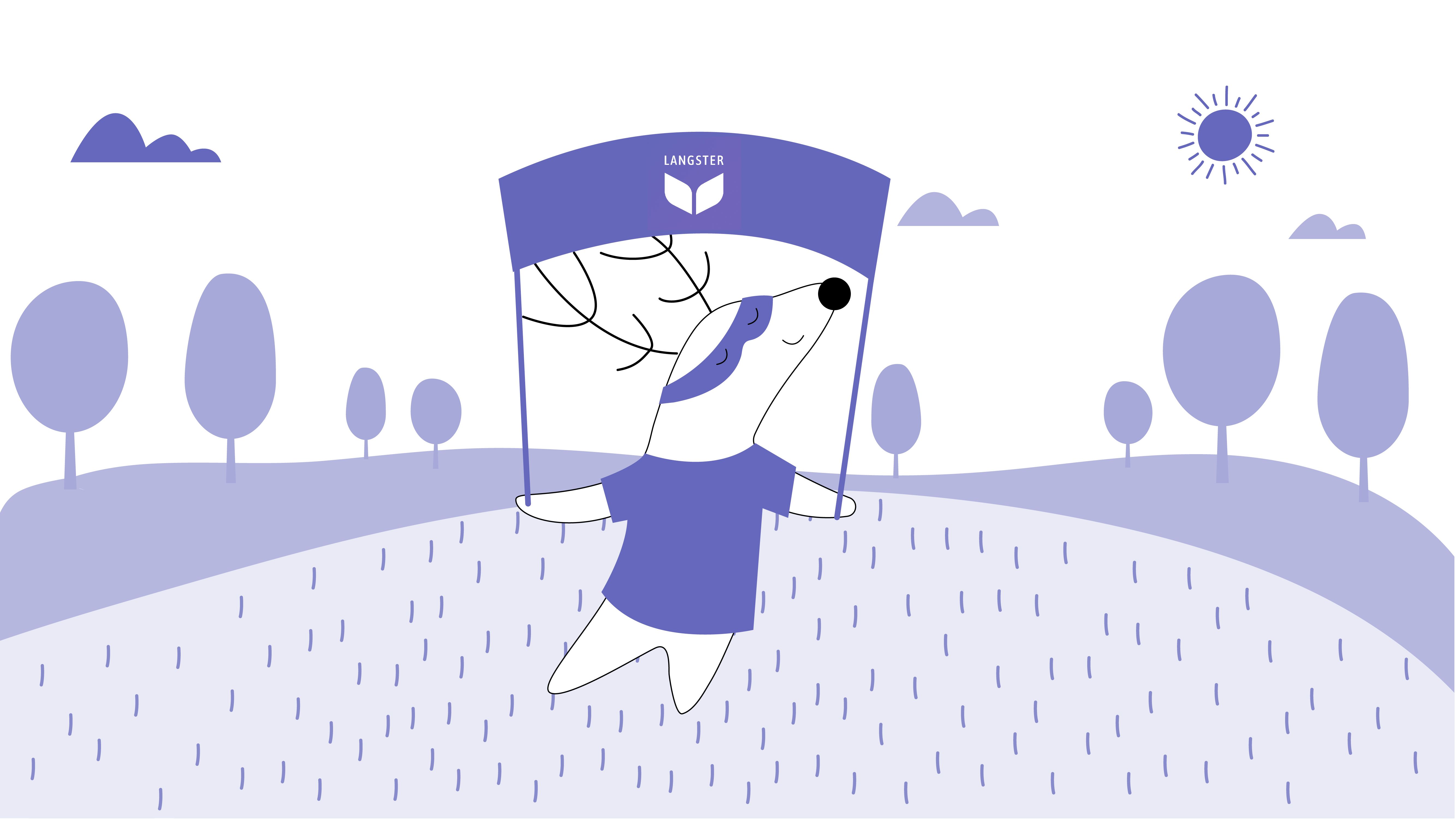
While this mood may seem odd at first, knowing how to formulate the subjunctive in French is essential for expressing yourself in French — and, it’s easier than you think!
For more practice with the subjunctive mood and other fun French grammar things, why not head over to Langster? With free stories, grammar explanations, and audio by native speakers, you’ll feel comfortable using the French subjunctive in no time!






